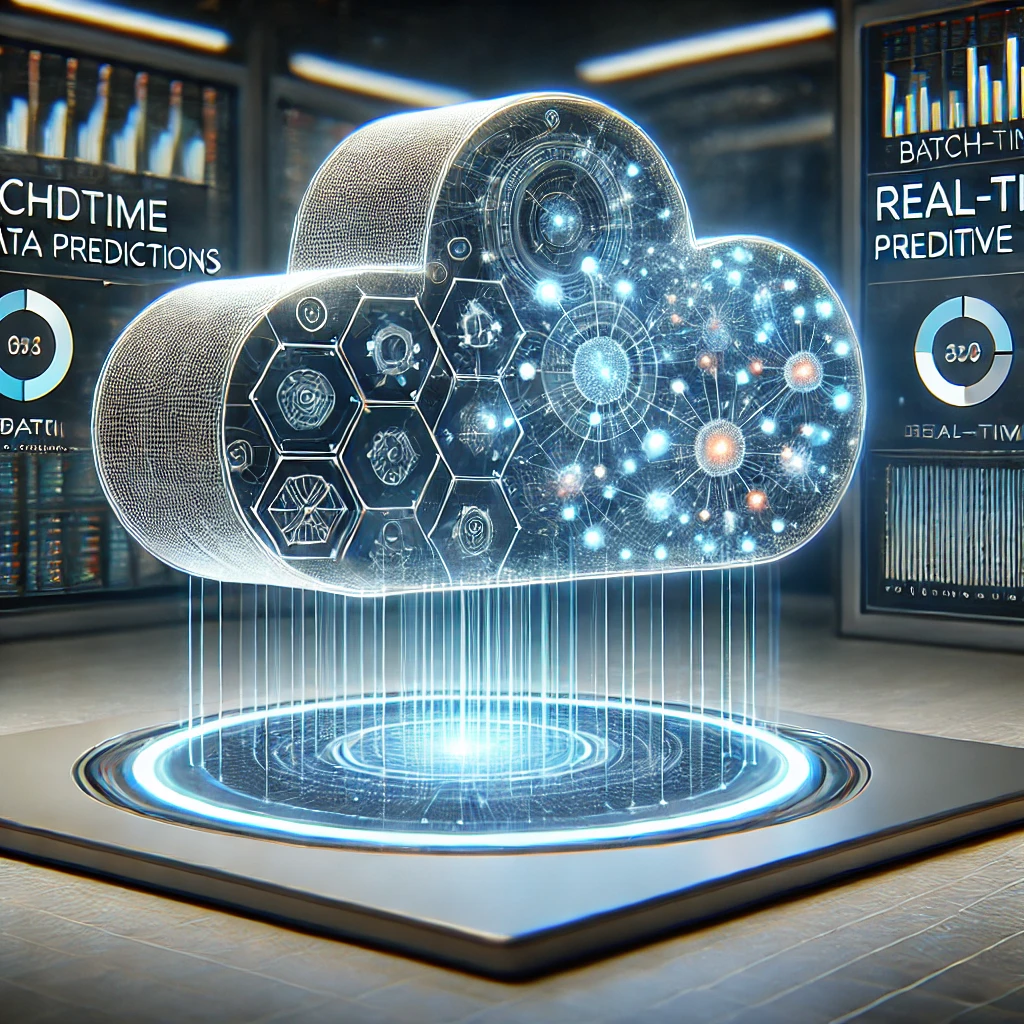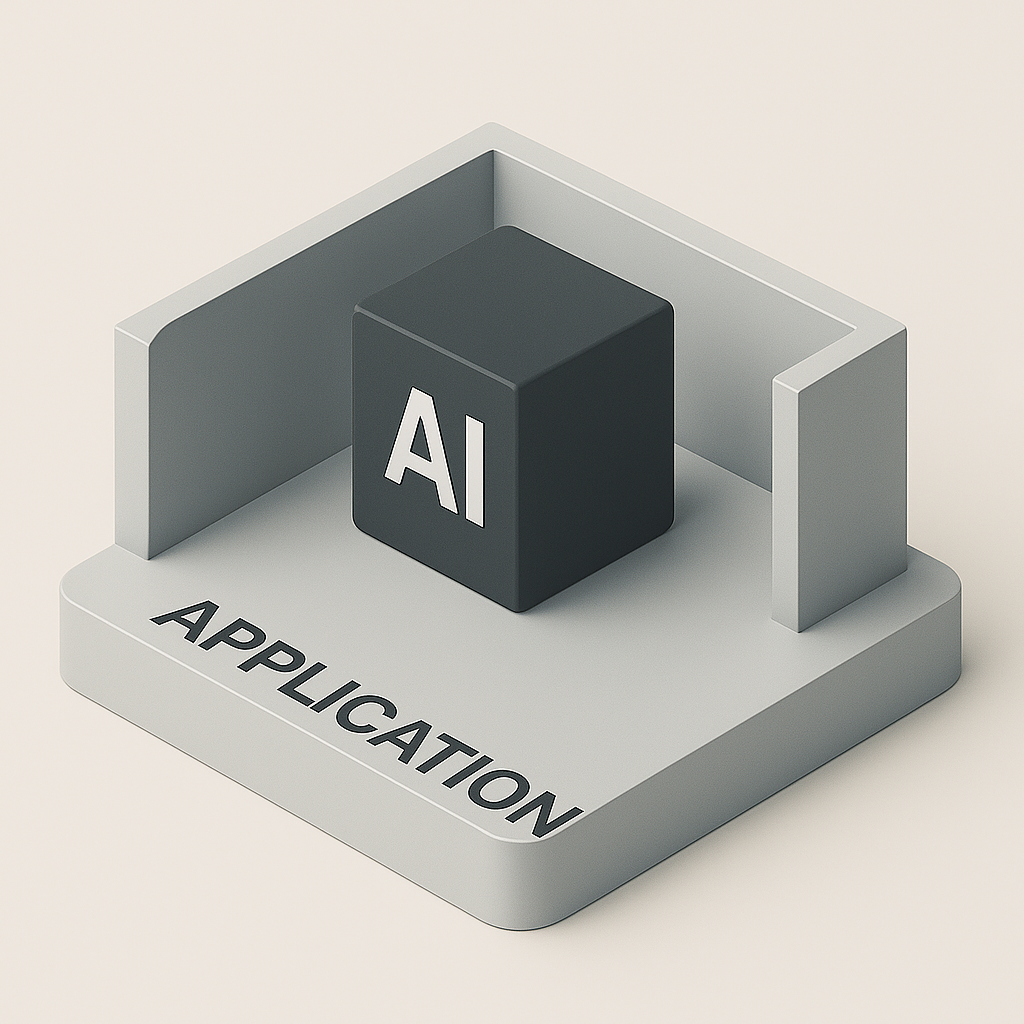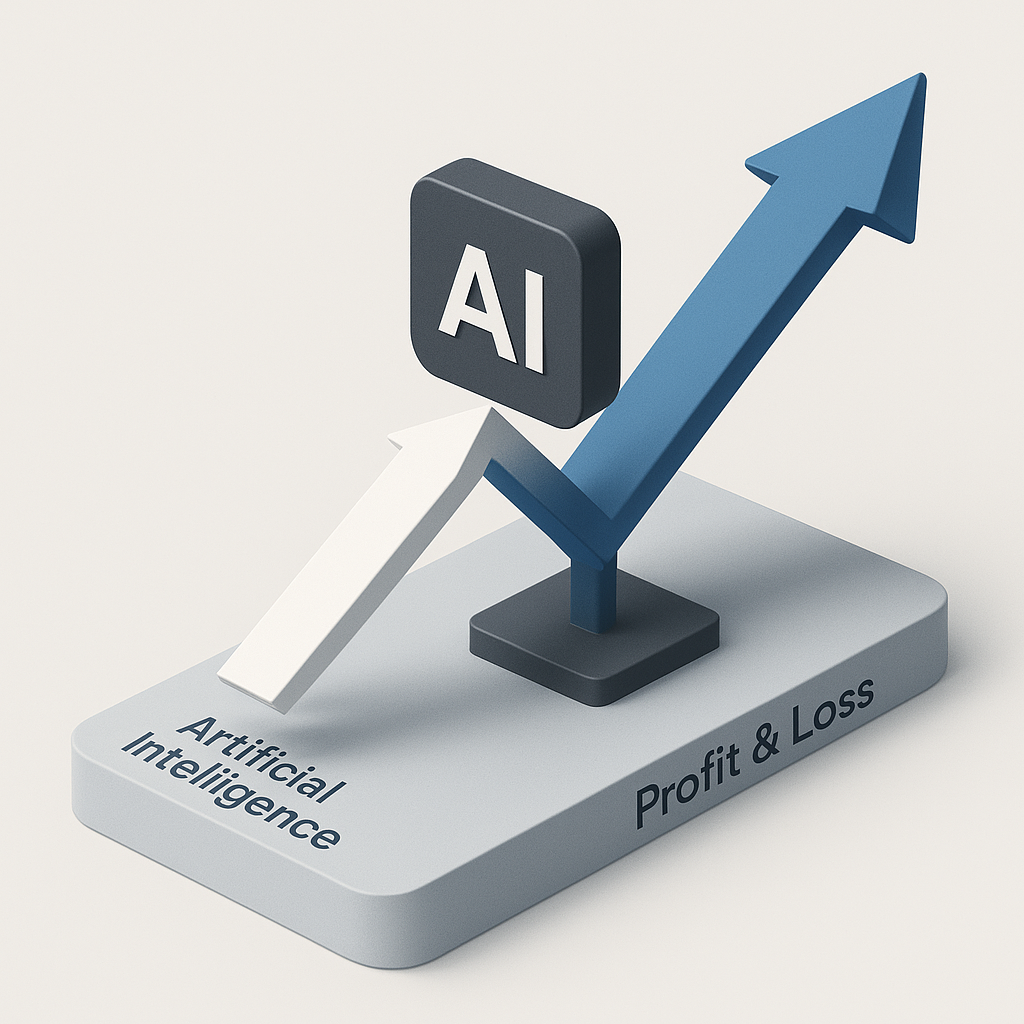
Overview
Deploying a churn prediction model into production is the final step in leveraging machine learning insights to drive business decisions. BigQuery ML simplifies this process by enabling both batch and real-time predictions using SQL queries. This article outlines the deployment steps, compares batch and real-time prediction approaches, and discusses cost management strategies to ensure efficient operations.
Batch Predictions vs. Real-Time Predictions
Batch Predictions
Batch predictions are suitable for periodic updates where predictions don’t need to be generated instantly. This approach is ideal for churn prediction in scenarios like:
- Weekly or monthly churn reports.
- Customer retention campaigns.
Advantages:
- Lower costs as predictions are run less frequently.
- Simpler implementation, as they rely on scheduled queries.
Disadvantages:
- Not suitable for use cases requiring immediate insights.
Real-Time Predictions
Real-time predictions are triggered for specific events, such as when a customer interacts with a service. This approach is ideal for:
- Dynamic churn prediction during customer interactions.
- Triggering personalized offers or interventions.
Advantages:
- Instant insights allow for immediate action.
- Enhances customer experience with timely responses.
Disadvantages:
- Higher costs due to constant computation.
- Requires more complex infrastructure, such as event-driven architectures.
Prediction Queries in BigQuery
Batch Prediction Query
The following query predicts churn for all customers and writes the results to a BigQuery table for downstream analysis:
CREATE OR REPLACE TABLE `<DATASET_NAME>.predictions` AS
SELECT
customerID,
predicted_label AS churn_prediction,
predicted_probability AS churn_probability,
*
FROM
ML.PREDICT(MODEL `<DATASET_NAME>.<MODEL_NAME>`,
TABLE `<DATASET_NAME>.<INPUT_TABLE_NAME>`);
Explanation:
- ML.PREDICT: Generates predictions using the specified model.
- predicted_label: Indicates whether a customer is predicted to churn.
- predicted_probability: Provides the confidence score for the prediction.
Real-Time Prediction Query
For real-time predictions, a single customer’s data can be used as input:
SELECT
customerID,
predicted_label AS churn_prediction,
predicted_probability AS churn_probability
FROM
ML.PREDICT(MODEL `<DATASET_NAME>.<MODEL_NAME>`,
(SELECT * FROM `<DATASET_NAME>.<INPUT_TABLE_NAME>` WHERE customerID = 'CUST123'));
Explanation:
- Filters the input table to focus on a specific customer (
CUST123). - Returns immediate churn predictions for personalized actions.
Integration with Cloud Functions
To enable real-time predictions, you can use Cloud Functions and Pub/Sub to automate the process. For example, trigger a Cloud Function whenever a customer event is logged.
Cloud Function Code Example
import os
from google.cloud import bigquery
def predict_churn(event, context):
client = bigquery.Client()
dataset_name = os.environ.get("DATASET_NAME")
model_name = os.environ.get("MODEL_NAME")
customer_id = event['attributes']['customerID']
query = f"""
SELECT
predicted_label AS churn_prediction,
predicted_probability AS churn_probability
FROM
ML.PREDICT(MODEL `{dataset_name}.{model_name}`,
(SELECT * FROM `{dataset_name}.customers` WHERE customerID = '{customer_id}'))
"""
results = client.query(query).result()
for row in results:
print(f"CustomerID: {customer_id}, Churn Prediction: {row.churn_prediction}, Probability: {row.churn_probability}")
Explanation:
- Event-Driven Architecture: The function is triggered by a Pub/Sub event containing the
customerID. - BigQuery Integration: Executes a query to predict churn for the specified customer.
Cost Management
Running predictions at scale can incur significant costs. Here are some strategies to optimize spending:
- Batch Predictions: Schedule predictions during non-peak hours to leverage GCP’s cost-saving features.
- Selective Real-Time Predictions: Limit real-time predictions to high-value customers or critical interactions.
- BigQuery Slot Reservations: For frequent predictions, consider purchasing BigQuery slots to reduce on-demand query costs.
Code Snippets for Batch and Real-Time Predictions
Batch Prediction Scheduling with Cloud Scheduler
gcloud scheduler jobs create query churn-batch-predictions \
--schedule="0 2 * * *" \
--statement="CREATE OR REPLACE TABLE `<DATASET_NAME>.predictions` AS SELECT * FROM ML.PREDICT(MODEL `<DATASET_NAME>.<MODEL_NAME>`, TABLE `<DATASET_NAME>.<INPUT_TABLE_NAME>`);" \
--time-zone="UTC" \
--bigquery-use-default-project
Explanation:
- Runs the batch prediction query nightly at 2 AM UTC.
- Stores results in the predictions table for analysis.
Deploying a churn prediction model involves careful consideration of use cases, cost management, and infrastructure complexity. By leveraging BigQuery ML’s integration with Cloud Functions and Pub/Sub, you can implement both batch and real-time predictions tailored to business needs.



